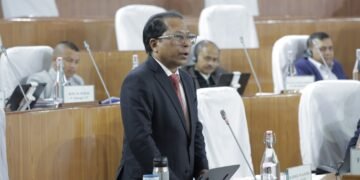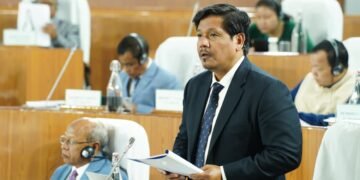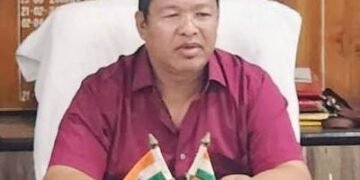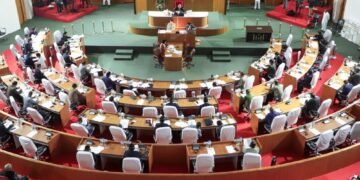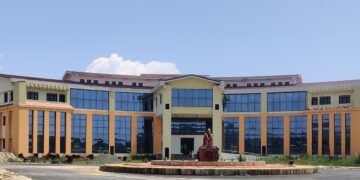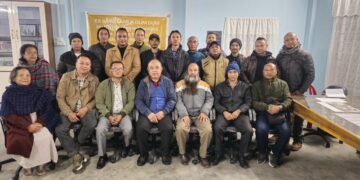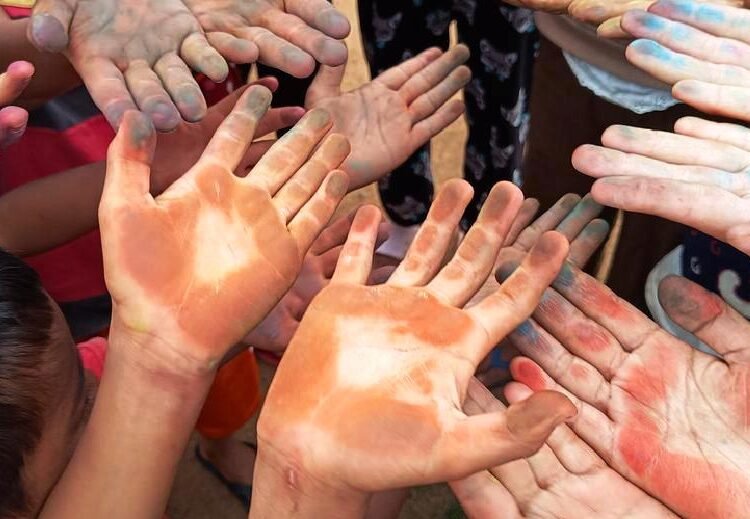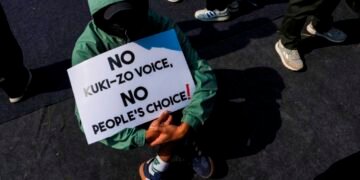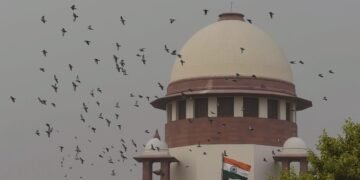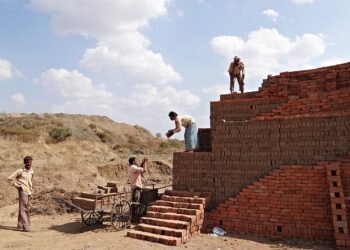Constituting a “working group of experts” to check and authenticate data related to children in conflict with the law and establishing a “cadre of child protection officials” in all states are among a slew of suggestions that have emerged out of a core group meeting of the NHRC, the rights panel said on Tuesday.
Chairing the meeting of the National Human Rights Commission’s core group on children focused on the theme ‘Human rights of children in conflict with law’, its chairperson Justice (retd) V Ramasubramanian said it is necessary to have “authentic and verified data” on the children in conflict with the law to have a clear understanding of their problems and make suggestions to address them.
Going by the discussion on the subject, two major concerns have emerged, including how to collect data and how to authenticate the data already available on the children in conflict with law, the National Human Rights Commission (NHRC) chief was quoted as saying in a statement issued by the rights panel.
He concurred with the suggestion to “constitute a working group of experts to check and authenticate the available data related to the children in conflict with the law, particularly their age and numbers, and not necessarily their identities in coordination and consultation with the Bureau of Police Research and Development (BPR&D), National Crime Records Bureau (NCRB), National Legal Services Authority (NALSA) and different high courts”.
The NHRC chairperson also asked the experts working in the field of Juvenile Justice Care to segregate their suggestions to bring improvements by amendments in statutes, changes in rules or by SOPs, as part of the long-term and short-term measures to bring improvements in the area of the Juvenile Justice System.
He also concurred with the suggestion to organise state-wise meetings of the Juvenile Justice Boards, District Legal Services Authority, State Legal Services Authority and the NHRC to find a way forward in terms of their counselling, rehabilitation and reintegration into families.
Referring to the report of a working group called ‘the Commission for the Application of Alternative Measures’ under the auspices of UNICEF titled ‘Rights of Children in Conflict with the Law 2007’, the NHRC chairperson expressed hope that the NHRC core group could develop solutions for Juvenile Justice Care on those lines which included recommendations for developing diversion programmes.
“The diversion programme includes seven components: victim-offender mediation, admonition, local community corrections councils, joint family meetings, circle trials, juvenile courts, and community service,” the statement said.
The report argues that while crimes are often seen as offences against the state, they should also be viewed from the victim’s perspective, seeking reconciliation.
It suggests that allowing juveniles to make amends to society can help them reintegrate faster, without a criminal record, which would help them avoid future employment or social exclusion issues, it added.
A range of recommendations emerged out of the discussion held the NHRC headquarters here.
These include making information on proceedings involving children in conflict with the law available on a portal, without revealing their identity; establishing a cadre of child protection officials in all states; and identifying and delineating responsibilities within the child protection workforce, and fill vacant positions to strengthen the child care mechanism.
The other recommendations include conducting a social audit of child care institutions, ensuring adequate manpower, including counsellors; encouraging institutional contributions to engage children in useful activities; strengthening the legal aid mechanism for children in conflict with law; increasing ‘Community Service’ as a correctional measure for child offenders, among others, the statement said.
Revamping rehabilitation and social reintegration programs for children in conflict with law; introducing joint training for stakeholders involved in child welfare, focusing on the behavioural aspects of child offenders; collating and publicising best practices for the welfare of child offenders across the country; increasing funding and staff recruitment for child care institutions; and developing standard operating procedures (SOPs) to streamline the process were also recommended.
The Commission said it will further deliberate upon these suggestions and more inputs to finalise its recommendations to protect the human rights of children in conflict with law. (PTI)

